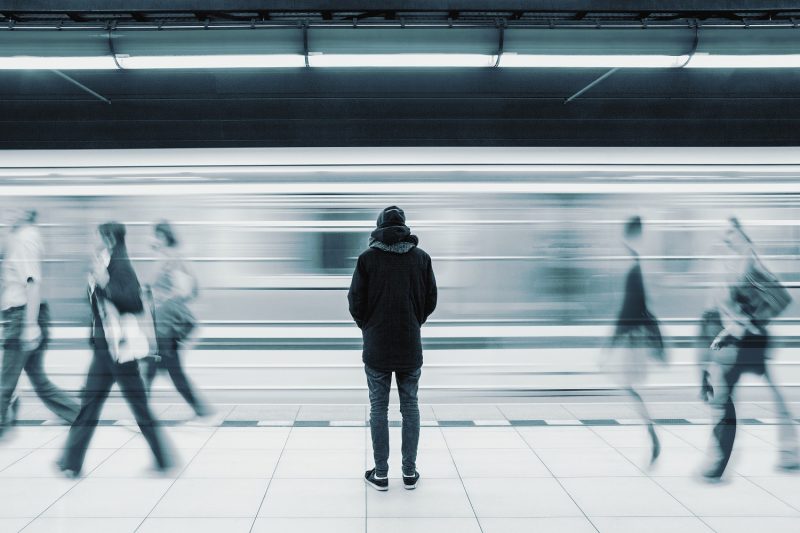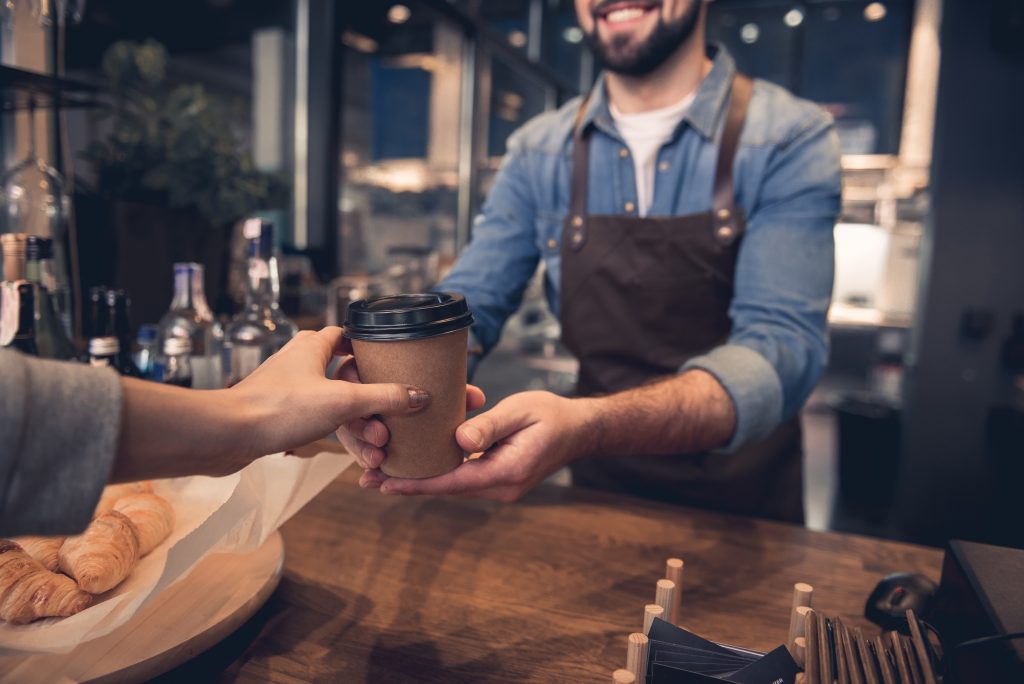
All the lonely people…the power of human connection in the customer experience
By Carolyn Quainton in Behaviour, Communication, Customer, Emotional Intelligence
Long before we understood what a “lockdown” meant, loneliness had already taken hold. In 2019, before the global pandemic disrupted our lives, experts had already identified a loneliness epidemic due to a lack of connection. A YouGov survey revealed that nearly half of UK adults felt lonely at least a few times each month. Meanwhile, the U.S. had declared loneliness a public health crisis.
This issue affects all age groups, but surprisingly, young people experience it most acutely. The social distancing measures triggered by the pandemic only intensified the problem. One in three people in the UK reported increased feelings of loneliness during that period.
We’ve retreated into our devices and stepped away from public spaces. As a result, we’ve reduced not just interactions with our loved ones but also everyday contact with strangers, and this shift is damaging our mental health.
Social interactions fuel our well-being
Humans thrive on connection. Even introverts need meaningful social interaction to maintain emotional balance. These connections, whether deep relationships or brief encounters, can uplift our mood and improve mental health.
Studies show that even short exchanges with strangers can boost happiness and enhance our sense of belonging. This reinforces the importance of teaching active listening techniques and nonverbal communication skills in both personal and professional settings.
Humans are sociable beings. Even the introverts amongst us are hardwired for some form of connection. Social interactions nourish us, boosting our mood and strengthening our mental health. But it’s not only our nearest and dearest who can provide us with these injections of social fuel. Recent studies show that even fleeting interactions in the world at large can increase our happiness and deepen our sense of belonging.
Everyday heroes in customer service
Joe Keohane’s book The Power of Strangers: The Benefits of Connecting in a Suspicious World reveals the positive impact of talking to strangers. One cited study showed that customers who chatted with their baristas reported a heightened sense of belonging and an improved mood.

Similarly, Daniel Goleman’s Emotional Intelligence which recently celebrated its 25th anniversary, highlights how one friendly bus driver lifted an entire community’s spirits simply by being warm and enthusiastic. This demonstrates how workplace communication training can empower frontline employees to positively influence their environment.
Rethinking efficiency: the case for human connection
Businesses increasingly prioritise efficiency – digital checkouts, contactless payments, and automated services dominate the customer experience. But this efficiency often comes at the cost of human interaction.
We may not realise it, but avoiding casual conversation isn’t always good for us. Friendly exchanges, especially from those trained in building rapport with customers, have the power to release feel-good endorphins in both the employee and the customer. These moments can serve as mental health boosts throughout the day.
Encouraging authentic conversations
Customer-facing staff can play a vital role in tackling loneliness. Through workplace communication for leaders and conflict resolution training, organisations can encourage more meaningful, empathetic interactions.
Keohane recommends going beyond surface-level small talk. Instead of the generic “How are you?” try asking, “How’s your day going?” Specific, thoughtful questions invite authentic dialogue and show genuine interest, an essential part of verbal and nonverbal communication.
Training for meaningful interactions
To support this shift, businesses should implement effective communication strategies that train staff in handling difficult conversations, giving constructive feedback, and mastering cross-departmental communication. These skills not only enhance the customer experience but also improve team collaboration and job satisfaction.
Investing in managing challenging conversations and active listening techniques doesn’t just build better teams, it fosters stronger communities. Customer service professionals aren’t just processing transactions, they’re offering moments of connection that might brighten someone’s entire day.
Talk to us, explore our website, read our blog, and follow us on LinkedIn to learn more and discover ways to grow a more successful business.



